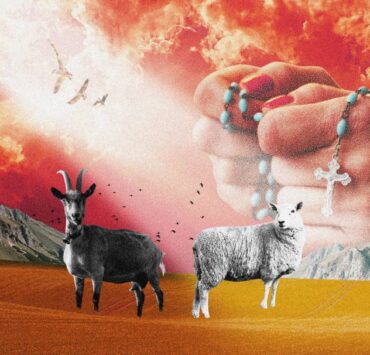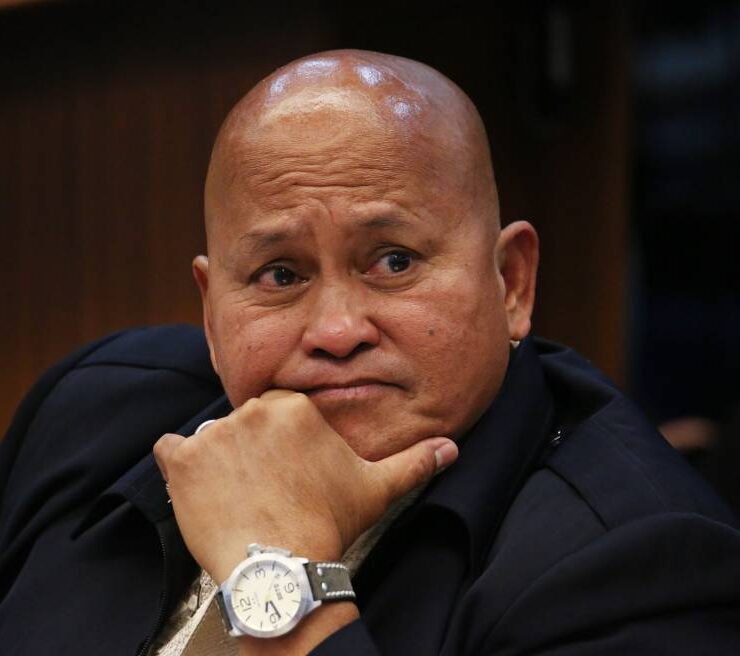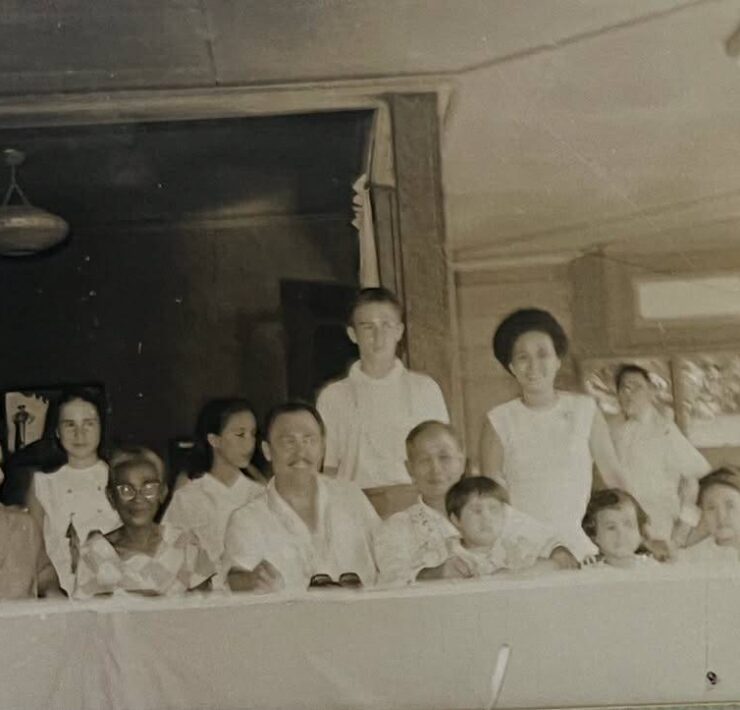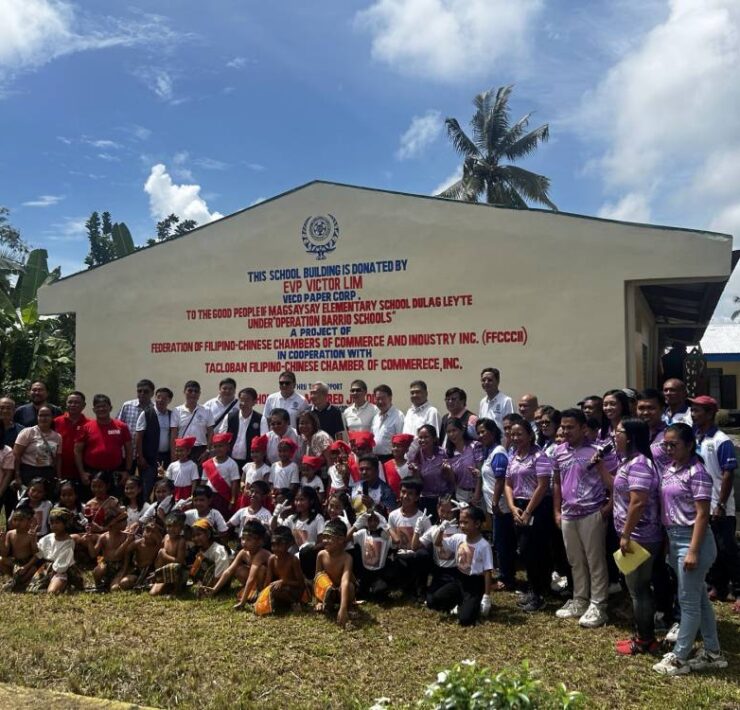The nation in the bardo
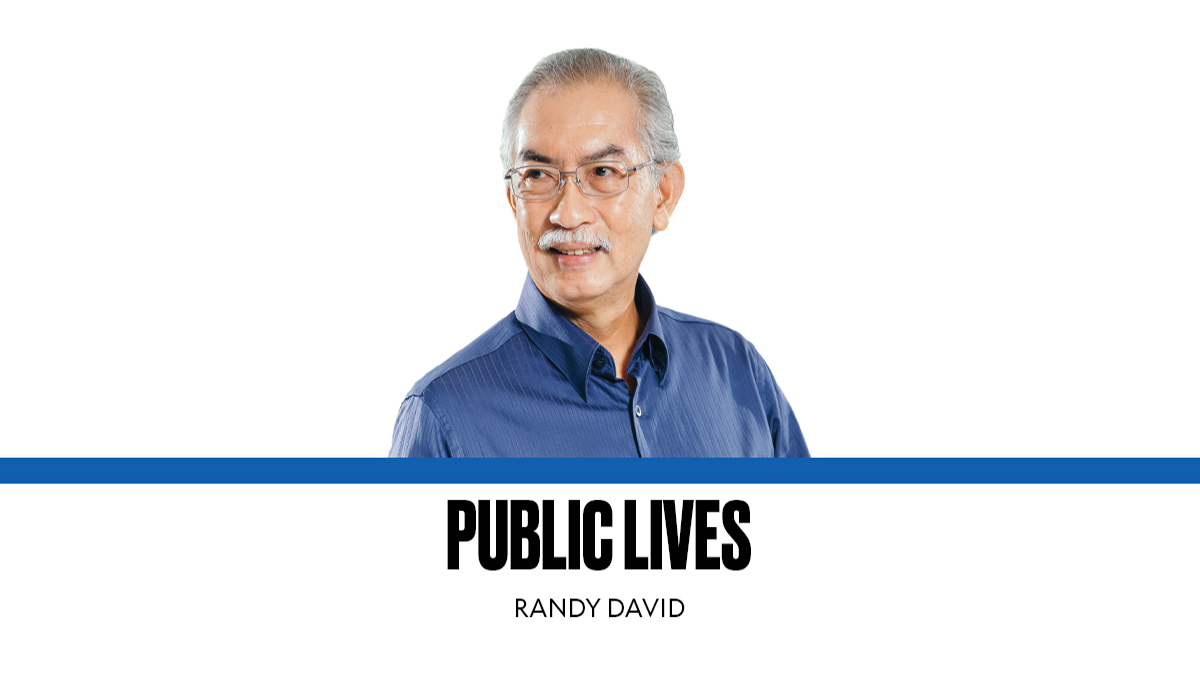
In Tibetan Buddhism, bardo refers to the in-between state after death and before rebirth. It is a time when consciousness is less fixed, open to both change and confusion. A being may linger there for a while, seemingly suspended between clarity and ignorance. It is a period of danger and opportunity.
This image seems apt for All Souls’ Day, when we pause between memory and hope, reflecting on lives that have passed and on what endures. It is also where our nation finds itself today—after the recent revelations about the brazenness and magnitude of corruption in public works projects. We are shocked beyond belief, outraged beyond consolation. And we ask: In the face of such venality and betrayal, can this same government be trusted to deliver the justice and restitution we demand for the generations to come?
Tibetan teaching offers three reasons why a soul may fail to recognize the clear light that leads to liberation. The first is attachment to the life just ended. The second is fear of moving toward a new birth. The third is ignorance.
We need not wait for the next elections to see how the officials we now condemn as corrupt are the same “approachable benefactors” we habitually turn to for our every need. It takes little reflection to see that the resources sustaining their generosity are the same ones feeding their wealth and power. We remain attached to them because we cannot imagine a different way of life.
We fear freedom, uncertain of what awaits us without the protection of the powerful. Though the bardo is usually taken to mean the passage between life and death, it may also describe those moments in history when a society stands between a contested past and an uncertain future, confused and clinging to what is familiar. It is a dangerous period, because our habitual tendencies—toward despair, cynicism, or impulsive solutions—block the path to awareness, clarity, and renewal.
Our nation’s bardo is both political and moral. We live surrounded by the familiar demons of corruption, dynastic power, and impunity. They appear so recurrent and inevitable, so much a part of the landscape, that we no longer recognize them as the products of our own fears and complicities.
We grieve, as the film “Quezon” reminds us, for what we have lost—the dignity of public service, the cultivation of civic virtues, the hope that elections can renew a nation. But mourning is not enough. Stopping there only deepens cynicism.
If we can overcome our frustration over government’s failure to hold accountable those behind the P10-billion Priority Development Assistance Fund racket of 2013, we might begin to understand the social structure that makes such scandals possible, and what must change to end their repetition. The bardo into which the current flood-control scam has thrown us is another opportunity for national self-awareness.
We might begin by confronting the roots of patronage politics—a feudal culture where the weak look up to the strong for protection and, in return, offer loyalty and submission. Modernization should have eroded this pattern of dependence, yet in our society, the persistence of extreme inequality has only reinforced it. Our institutions may be modern in form, but our intuitions remain largely premodern.
This is clearest in how we treat compliance as negotiable, and conflict of interest as tolerable. We see nothing wrong in blurring the boundaries between the public and the private, the personal and the official, business and government, religion and politics, law and power, bureaucracy and patronage. We rarely think of this failure to differentiate as corruption. But it is where corruption begins—in the little favors we seek, the “connections” we use to get things done, the small accommodations we make to please or to show that we care.
Much has already been done—and can still be done—to simplify compliance and reduce the need for favors. Yet some cling to accustomed entitlements, unable to break free from the karma of old habits. Systems cannot renew themselves without a corresponding change in consciousness.
In this season when we honor the dead and reflect on our own transience, perhaps we may see that the bardo is not only a passage after death but a mirror held up to life itself. The challenge before us is to recognize our condition for what it is, neither to despair nor to look away, but to awaken as a nation before the chance passes us by.
—————-
public.lives@gmail.com














